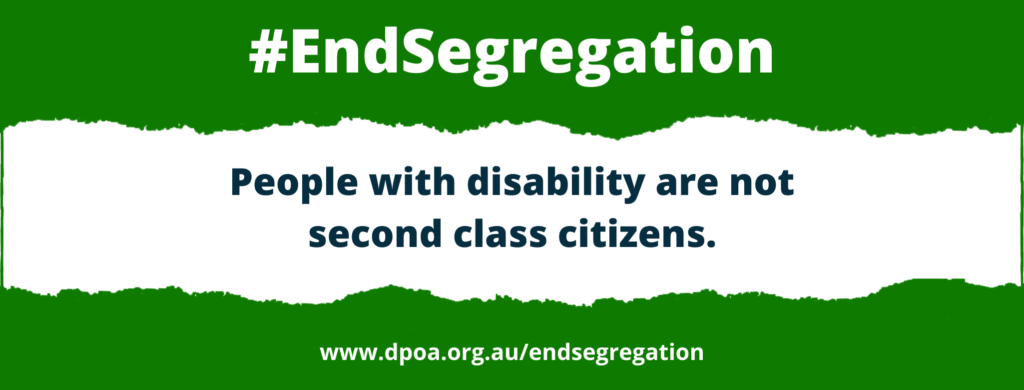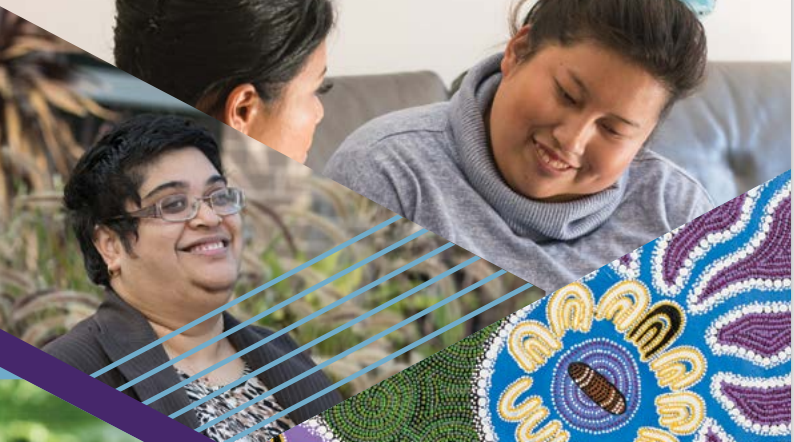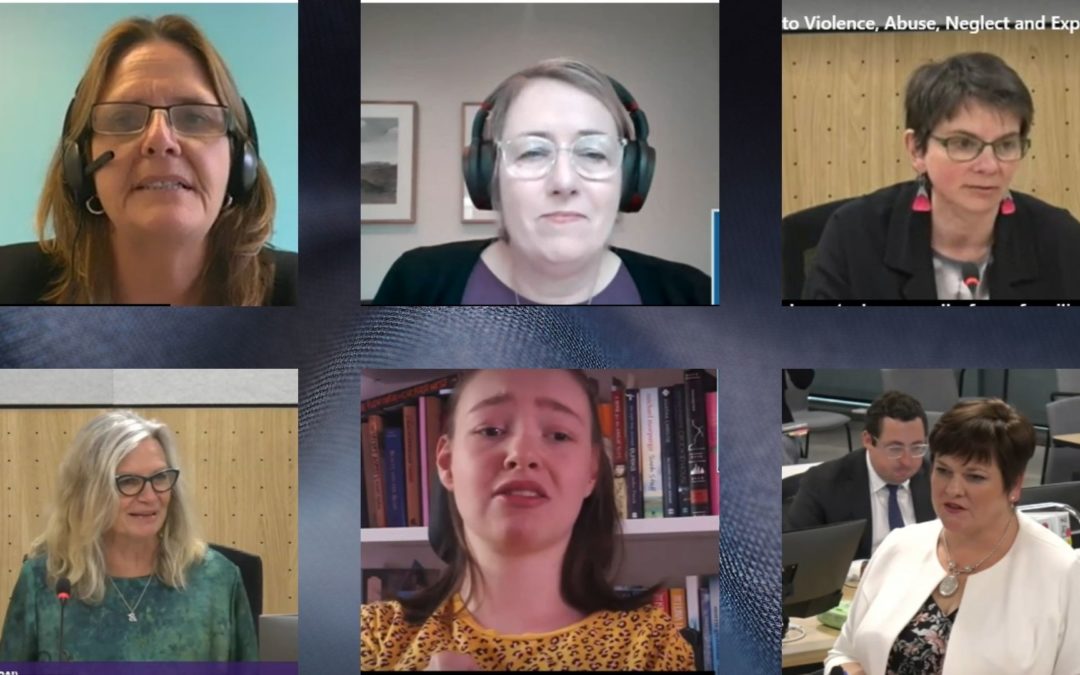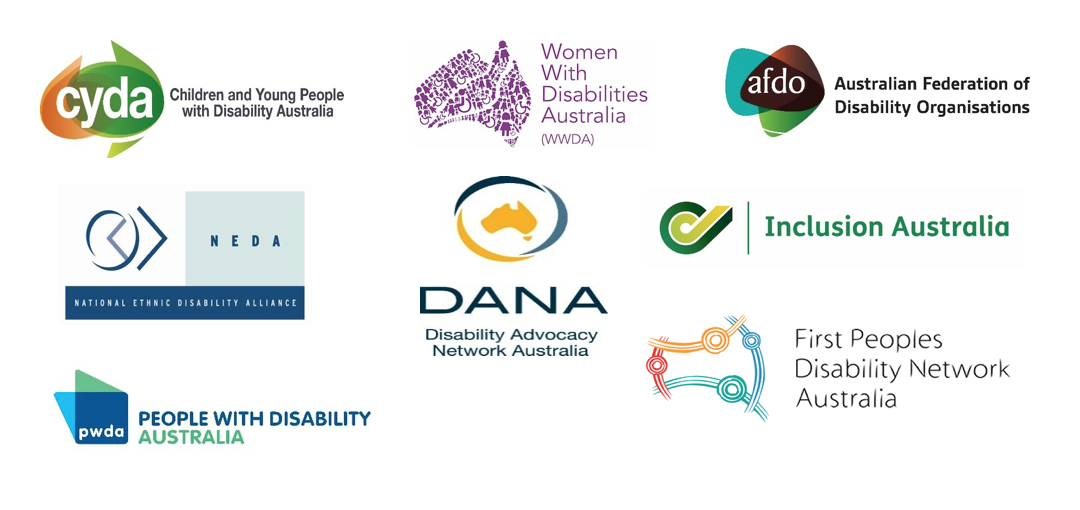
AdvoKit – Holiday edition
AdvoKit is here to help people get the advocacy resources they need to support people with disability during the pandemic and beyond. The final AdvoKit Newsletter of 2020 includes lots of info about vaccines and vaccinations and what we know about when and how they will work in Australia, plus more.
Read more about AdvoKit – Holiday edition

#EndSegregation – Over fifty disability rights and advocacy organisations call for an end to segregation
People with disability and our rights and advocacy organisations are fighting to end the segregation of people with disability in Australian education, housing and workplaces.
We urge the Royal Commission into Violence, Abuse, Neglect and Exploitation of People with Disability (Disability Royal Commission) to recognise that segregation of people with disabilities is discrimination and a breach of our human rights under the UN Convention on the Rights of Persons with Disabilities (which Australia has signed).
If you would like to join the growing number of disability advocacy organisations and individuals who have publicly endorsed this paper, visit the DPOA website. You can also show your support for this human rights position by using the hashtag #EndSegregation on social media.
Read more about #EndSegregation – Over fifty disability rights and advocacy organisations call for an end to segregation

The role of advocacy highlighted in the DRC Interim Report
The Disability Royal Commission Interim Report, released on 30 October 2020, acknowledges and reflects the extremely important role of disability advocates and advocacy organisations in supporting people with disability to heard during the DRC processes. This is also evident in the numerous references to evidence given by advocates at hearings and advocacy organisations’ submissions throughout the lengthy document. “We have heard from many advocacy and representative organisations that increased advocacy is a key measure to address violence, abuse, neglect and exploitation and would lead to a more inclusive society. We have also heard that there is a lack of advocacy services, including for First Nations people with disability and people with complex needs, and that existing advocacy services are under-funded.” (page 18)
Read more about The role of advocacy highlighted in the DRC Interim Report

Update on confidentiality of Disability Royal Commission submissions
You may remember that DANA, with other National disability peak organisations, sent a joint letter in September to the Hon. Christian Porter MP to express concern about the lack of long-term legislative protections for confidentiality. The Attorney-General published a media release on 20 October announcing these amendments will be made, indicating that: “I have instructed my department to work swiftly on the amendments, with the aim of introducing in the Autumn sittings of 2021.” DANA has been hearing from advocates that this lack of assurance is adding uncertainty and complexity to the process of making submissions or deterring people from sharing their story.
Read more about Update on confidentiality of Disability Royal Commission submissions

DRC hears stories of education barriers
The Disability Royal Commission public hearing in October was focused on Barriers to accessing a safe, quality and inclusive school education and life course impact. On the first day of the hearing Commissioners heard from a panel of representatives from advocacy organisations, with particular knowledge of education issues.
Read more about DRC hears stories of education barriers

#MakeItSafeToSpeak – Support Open Letter calling for confidentiality protections
Your advocacy organisation can now add your support to a joint letter to the Hon. Christian Porter MP, calling upon the Attorney-General to introduce legislation into the Australian Parliament to protect the confidentiality of information given to Disability Royal Commission. The Government has been aware of the need to amend the Royal Commissions Act since February and it’s well past time these changes were made.
Read more about #MakeItSafeToSpeak – Support Open Letter calling for confidentiality protections






